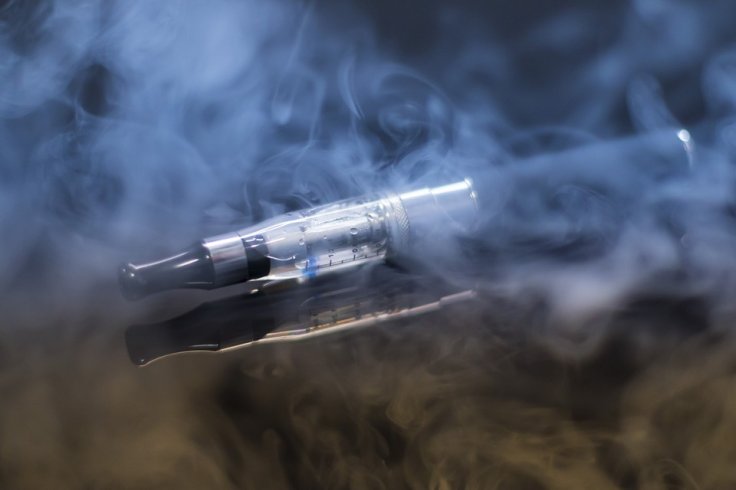
E-cigarettes have been considered one of the safest alternatives for traditional cigarettes for many years. But now, a new study conducted by a team of researchers at the University of Rochester Medical Center has found that the liquid used in e-cigarettes could cause damage to lungs over long-term abuse.
According to the study, lung damage could happen even though the inhaled vapour does not contain traces of nicotine. Nowadays, many e-cigarettes are flavoured with cinnamon and vanilla scents, and the new research study conveys a strong warning to regular e-cigarette users.
Researchers investigated the changes which will happen to white blood cell known as monocytes when they get exposed to flavouring chemicals used in e-cigarettes. Nicotine was absent in the flavouring liquids used for the research, but still, it showed an increase in biomarkers for tissue damage and inflammation. The study report also indicated that these chemicals also caused the cells to die.
"Our data suggest that the flavourings used in e-juices can trigger an inflammatory response in monocytes, mediated by ROS production, providing insights into potential pulmonary toxicity and tissue damage in e-cigarette users," wrote the researchers in the study report.
The researchers made it clear that these flavours are deemed safe for ingestion, but are not at all safe of inhaling.
"Currently, these are not regulated, and alluring flavour names, such as candy, cake, cinnamon roll and mystery mix, attract young vapers. Our scientific findings show that e-liquid flavours can, and should, be regulated and that e-juice bottles must have a descriptive listing of all ingredients. We urge regulatory agencies to act to protect public health," said Dr Irfan Rahman, senior author of the study.
Earlier, many study reports have proved that vaping e-cigarettes could cause pneumonia among users, while some other researchers substantiated the increased lung cell mutations among electronic cigarette users, thus making them more prone to lung cancer. Another study conducted by researchers at the Queen Mary University of London has revealed that regular vaping will make users more prone to pneumonia.









